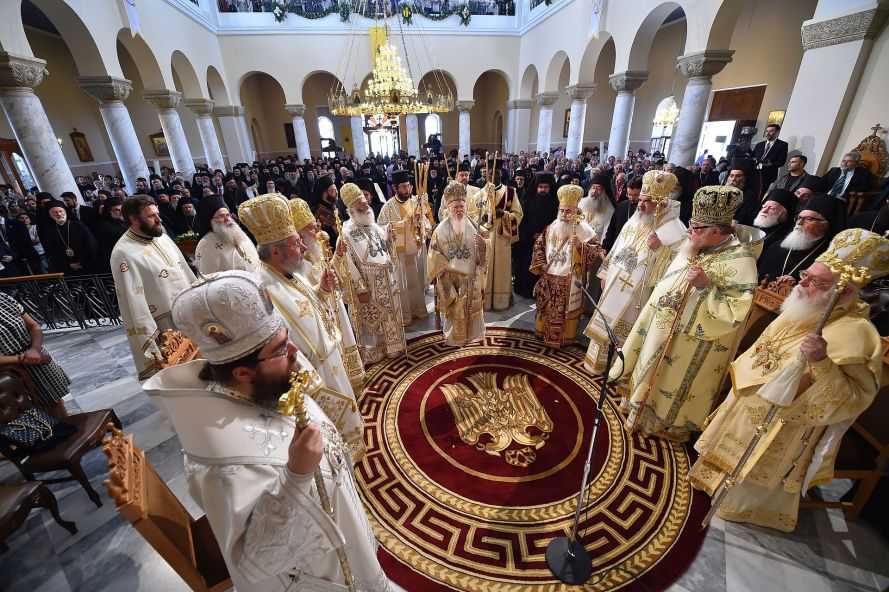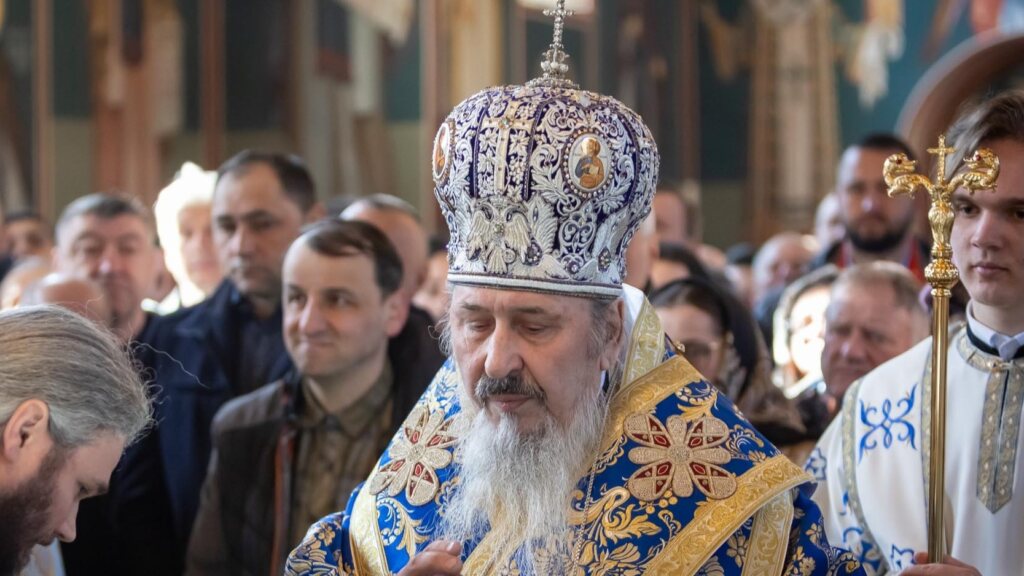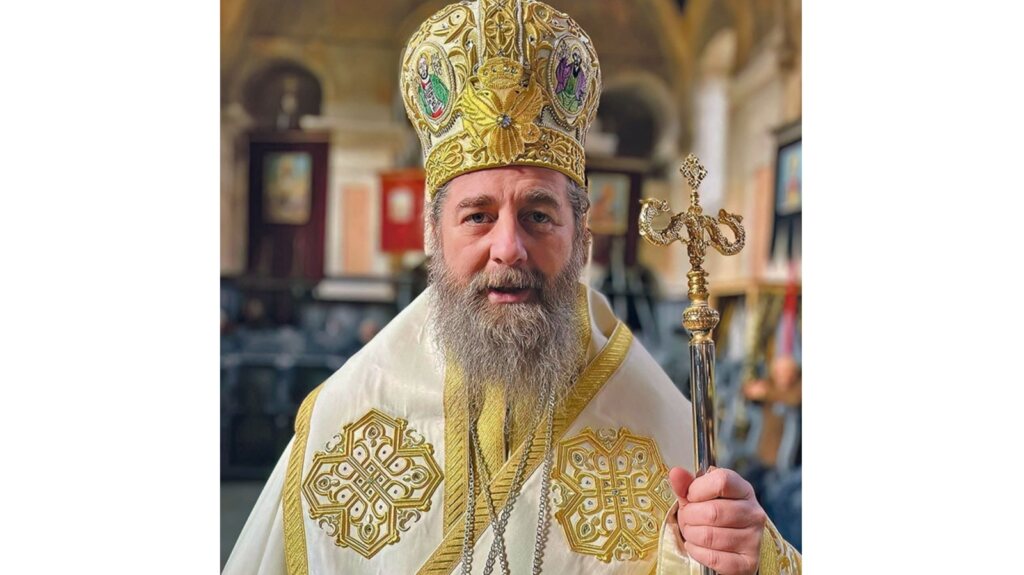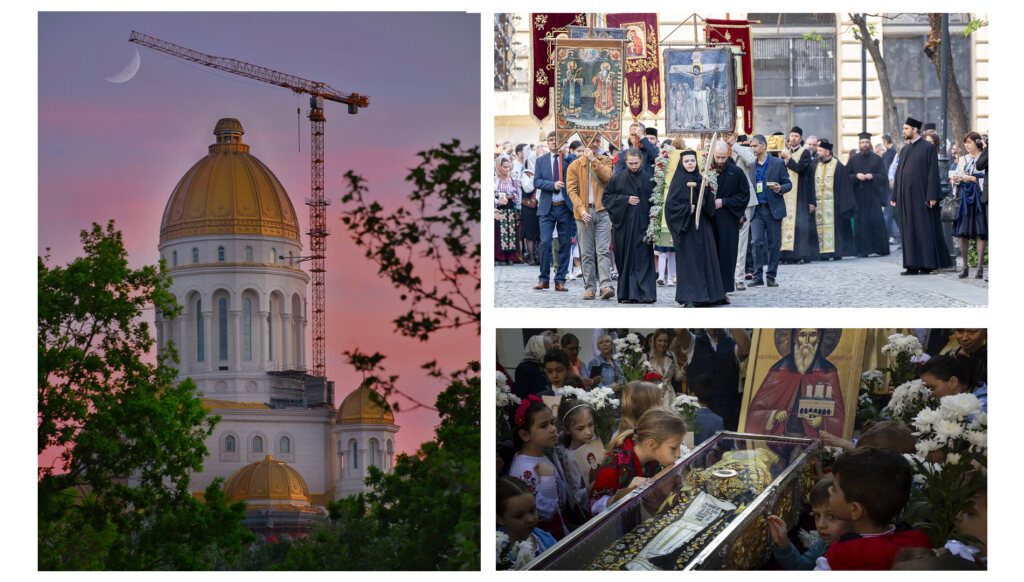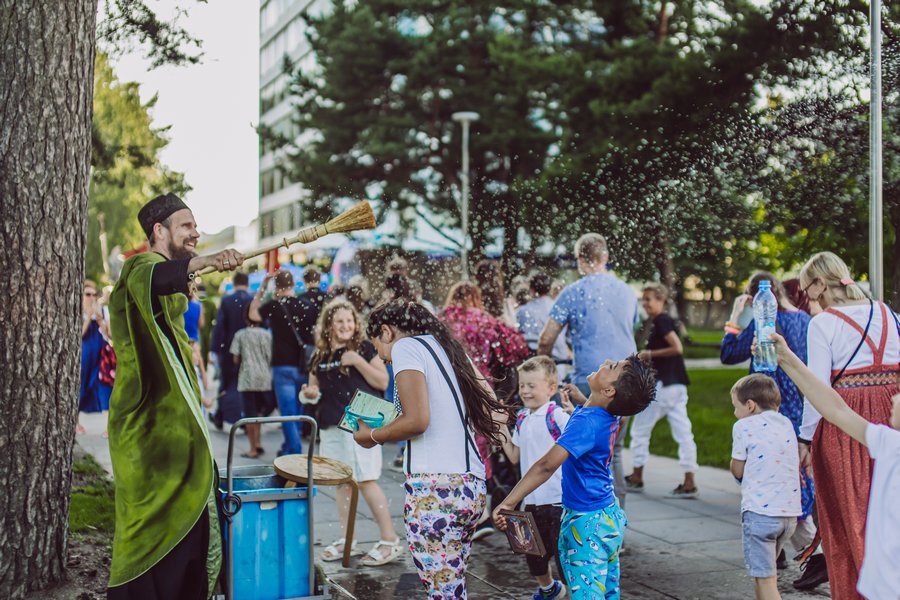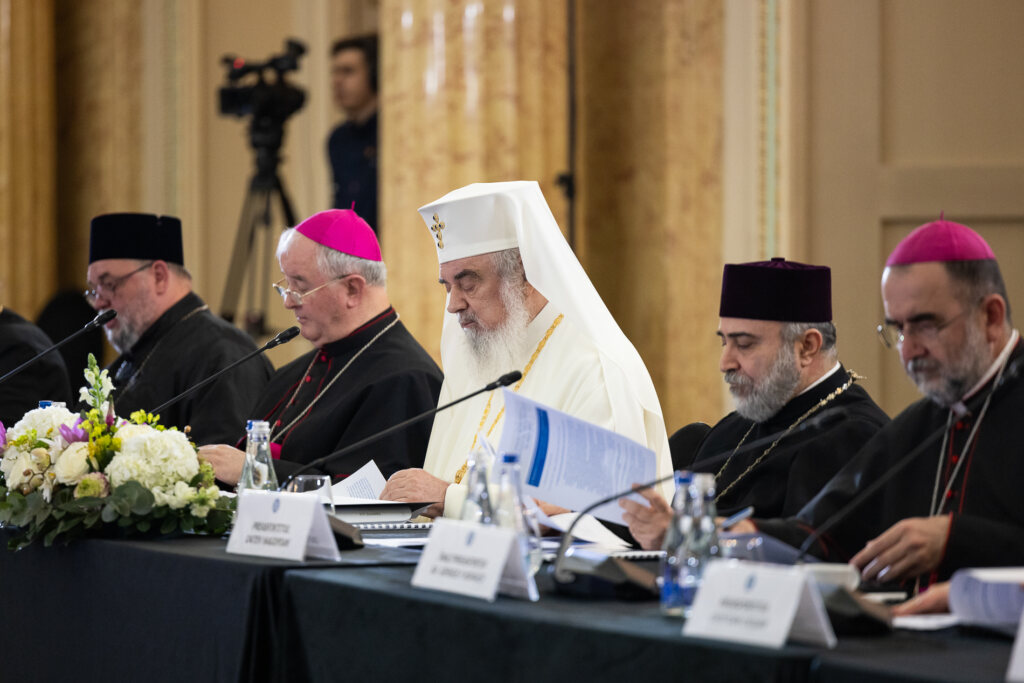On the Sunday of All Saints (26 June 2016), the Primates of the Autocephalous Orthodox Churches manifested the sacramental unity once more, concelebrating at the end of the Holy and Great Council.
The Divine Liturgy celebrated in Saints Peter and Paul the Apostles church in Chania, Crete, was chaired by His Holiness Bartholomew, Ecumenical Patriarch of Constantinople. The following hierarchs concelebrated:
– His Beatitude Theodor, Patriarch of Alexandria and All Africa;
– His Beatitude Theophilos, Patriarch of Jerusalem and All Palestine;
– His Beatitude Irinej, Patriarch of Serbia;
– His Beatitude Daniel, Patriarch of Romania;
– His Beatitude Chrysostom, Archbishop of Nea Justiniana and All Cyprus;
– His Beatitude Ieronim, Archbishop of Athens and All Greece (attended);
– His Beatitude Sava, Metropolitan of Warsaw and All Poland;
– His Beatitude Anastasios, Archbishop of Tirana and All Albania;
– His Beatitude Rastislav, Archbishop of Presov and Metropolitan of the Czech Lands and Slovakia.
After reading the Holy Gospel text, Archimandrite Bartholomew Samaras, secretary general of the Holy Synod of the Ecumenical Patriarchate, read the Message of the Holy Great Council to the Orthodox people and all people of good will. The Message comprises 12 points referring to the main themes debated during the session of the Holy and Great Council. Thus, the Message underlines themes like: unity of the Orthodox Church, confession of faith, importance of the inter-Christian and inter-religious dialogue, secularisation, marriage, natural sciences, ecological crisis, respect for one’s fellow human beings, politics, youth, and openness to the world.
We shall soon publish the complete translation of the message of the Holy and Great Council into the Romanian language, on www.Basilica.ro.
At the end of the Divine Liturgy, the Ecumenical Patriarch delivered a speech in which he expressed his joy and thanksgiving for the fact that the Holy and Great Council of the Orthodox Church was held “in the communion of faith, hope and love”.
The Council began and ended “in the communion of the Holy Communion”, in order to emphasise the fact that “the Eucharistic service is the place where the unity of Orthodoxy is manifested as well as the uninterruptable relation and continuity of the authentic experience of the truth of the living faith”.
“There is a substantial relationship between the Holy Eucharist and synodality”, His Holiness continued. At the same time, “the concept of holiness in the Orthodox Church is understood through the Holy Eucharist too”.
The Ecumenical Patriarch has also referred to the saints of the Church “who reflect the glory of the Kingdom”.
“It was with the enlightenment and guidance of the Comforter and with the intercession of all Saints that the Orthodox Church prepared and unfolded with love and mutual understanding its Holy and Great Council”, Patriarch Bartholomew affirmed.
His Holiness invoked the Holy Spirit so that the decisions taken by the Holy and Great Council on the inner life and canonical order of the Orthodox Church should be implemented in the relations with the ensemble of the Christian world and in its missionary work, given the development and challenges of the modern civilization and culture, for the welfare of the people of God.
The Ecumenical Patriarch ended his speech saying that the Holy and Great Council of the Orthodox Church laid the foundation stone of the accomplishment of the desideratum that the 21st century may become “the century of Orthodoxy”.
